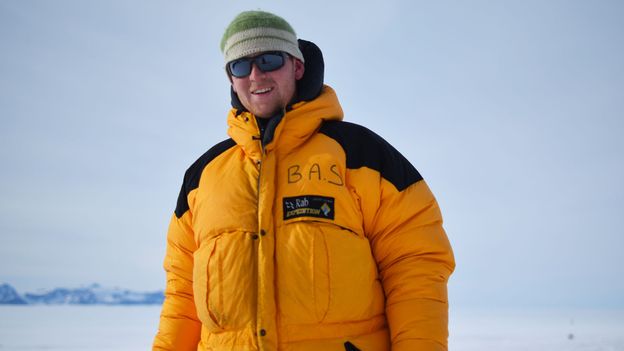- Messages
- 24,545
- Reaction score
- 4,499
- Points
- 288
Isolated for six months, scientists in Antarctica began to develop their own accent
Antarctica is a bleak, remote and dark place during the winter, but a handful of people each year brave the conditions to live in almost totally cut off from the rest of the world. The experience can change how they speak.It was a suitably icy farewell salute: a handful of snowballs arcing through the sky towards RSS Ernest Shackleton as the ship slipped away from the wharf. The vessel was setting out across the stormy Southern Ocean, leaving 26 hardy souls behind on a snowbound island at the frozen tip of the Antarctic Peninsula. Those waving goodbye from the shore were watching their last tangible link to the rest of the world glide off through the bitterly cold water. Ahead of them lay six months of winter, effectively marooned, in the coldest continent on the planet.
"They say it is quicker to get to someone on the International Space Station than it is to medically evacuate someone from Antarctica in the winter," says Marlon Clark, one of those 26 international researchers and support staff left behind at the British Antarctic Survey's Rothera Research Station on Adelaide Island, just to the west of the Antarctic Peninsula in March 2018. Antarctica is the least-inhabited continent on the planet – it has no permanent human population – with just a handful of research stations and bases scattered across the 5.4 million sq mile (14 million sq km) frozen landscape. "So, you're isolated," says Clark. "There's a lot of mystery and lore about 'a winter in Antarctica'. Anticipation was the strongest feeling as well as realising, 'OK, this is real, I’m going to be here for a long, long time'."
More:

Isolated for six months, scientists in Antarctica began to develop their own accent
Isolated for six months one winter, a group of scientists changed how they spoke.





